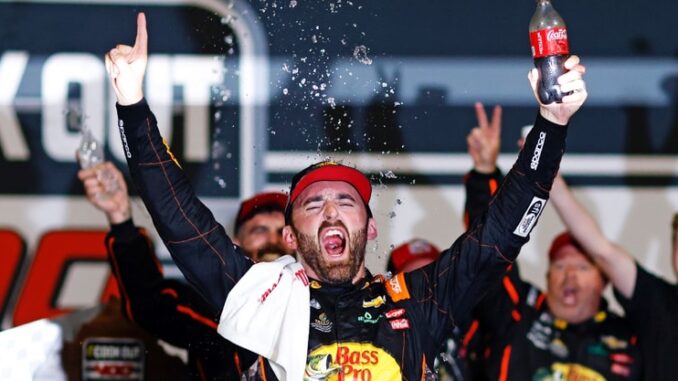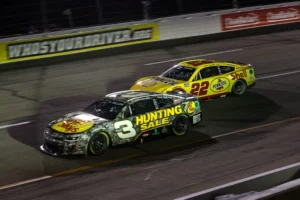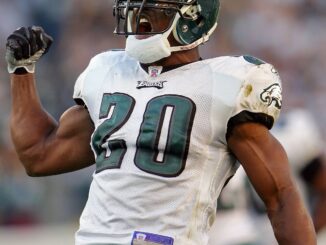
Austin Dillon’s controversial win at Richmond Raceway on Sunday night has sparked a heated debate, with many questioning whether NASCAR will take action. If history is any indication, the organization is likely to turn a blind eye, allowing Dillon to keep his victory despite the questionable circumstances. This would be a disappointing but not surprising move from NASCAR, which has often hesitated to strip a driver of a win, even when their on-track behavior raises eyebrows.
Since its inception, NASCAR has been reluctant to alter race results after the fact, a tradition dating back to the sport’s founder, “Big Bill” France. Fans were expected to leave the track believing that the race’s outcome was final and unchangeable. However, there have been instances, particularly in the 1950s and 1960s, where drivers lost their apparent victories following post-race inspections. Yet, it’s been decades since NASCAR has disqualified a driver due to an on-track incident.
The last time a driver lost a victory for on-track conduct was in 1991 at Sonoma when Ricky Rudd was penalized for nudging Davey Allison out of the way. Since then, NASCAR has developed an unwritten rule that often excuses aggressive behavior during races, allowing drivers to push the boundaries without facing significant repercussions. Dillon’s actions at Richmond, however, have reignited the debate on whether NASCAR should enforce stricter penalties for rough driving.

In the closing moments of the race, Dillon found himself in a challenging position after a late caution forced an overtime restart. Instead of a smooth path to his first victory since 2022, he faced a two-lap shootout with Joey Logano. When Logano got a better restart and took the lead, Dillon responded by aggressively bumping him out of the way, sending Logano into the wall. Moments later, Dillon also made contact with Denny Hamlin, causing him to crash just before the finish line.
After the race, Dillon defended his actions, stating that similar moves have been made by other drivers, including Hamlin and Logano, to secure victories. He insisted that his actions were simply part of the sport and justified his aggressive approach as a necessary tactic to claim a long-awaited win. Dillon’s defense highlights the ongoing debate in NASCAR about the balance between competitive driving and sportsmanship.
As NASCAR faces the decision of whether to penalize Dillon, the question remains: Will the organization uphold the integrity of the sport by enforcing its rules, or will it continue to allow drivers to push the limits without consequence? The outcome of this controversy could set a precedent for how NASCAR handles similar incidents in the future, potentially reshaping the expectations for driver conduct in the sport.



Be the first to comment